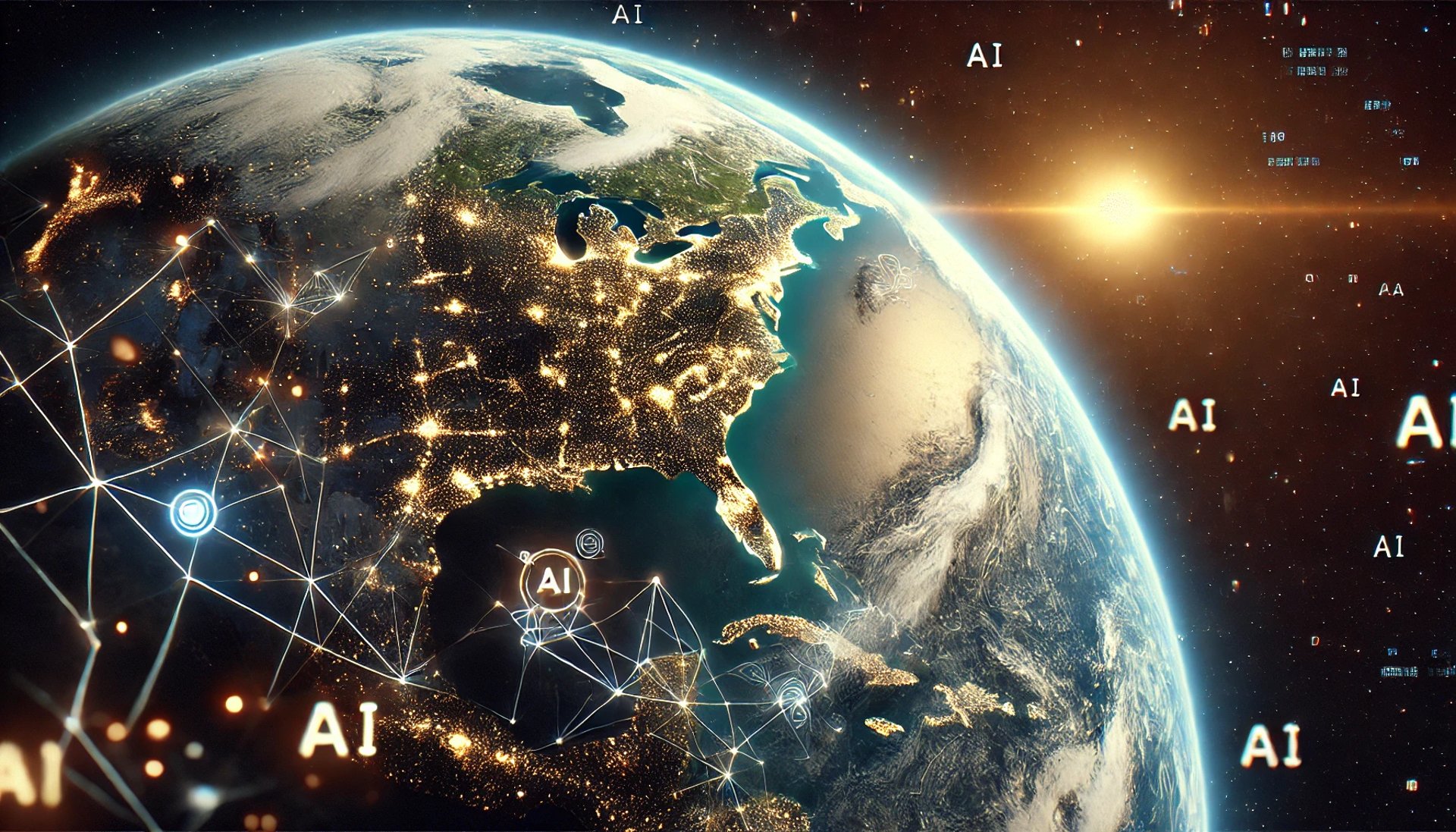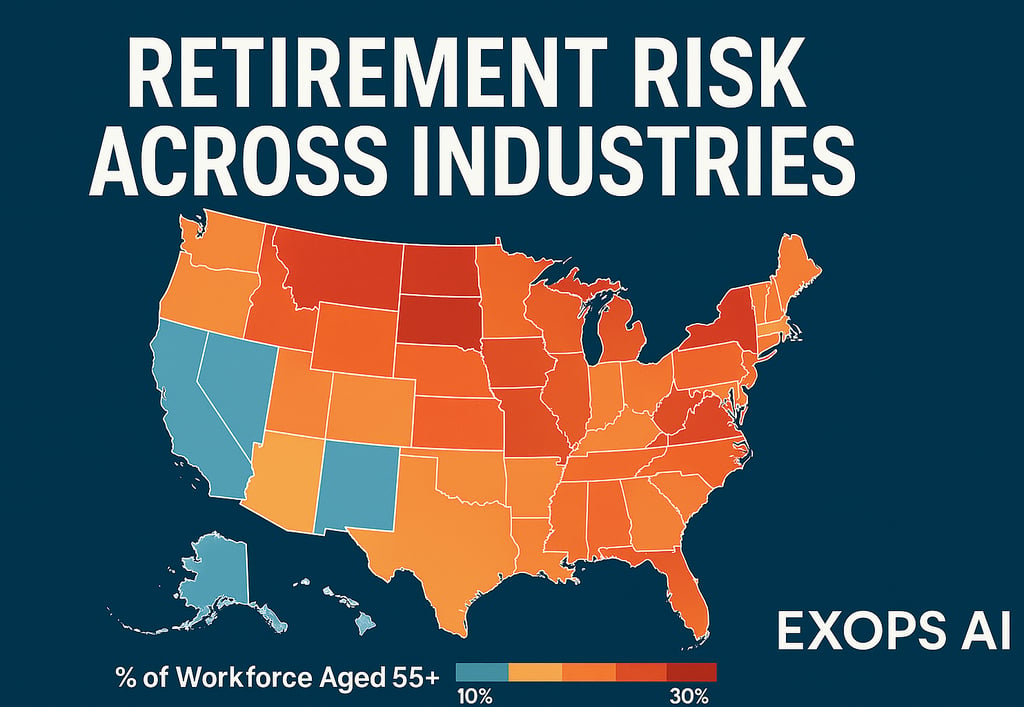
The Silent Knowledge Recession: Why AI Must Fill the Gaps as Experts Retire
As experienced professionals retire, industries from utilities to aviation face a looming crisis: the loss of institutional knowledge. SOPs aren't enough to capture the judgment and nuance veterans bring. This blog explores how AI and Custom GPTs can preserve that expertise—before it disappears forever.
USE OF GENERATIVE AI
EXOPS AI
5/22/20253 min read



The global workforce is quietly entering a crisis. It isn't driven by market crashes, automation threats, or mass layoffs—it's powered by something subtler and far more dangerous: retirement.
In dozens of industries, from utilities to aviation, a generation of experts is clocking out for the last time. And they’re taking their irreplaceable knowledge with them. The industries most dependent on procedural depth, tribal knowledge, and frontline decision-making are those least prepared to capture it. What we face now is not just a talent gap—it's a knowledge vacuum.
The Retirement Cliff
According to the U.S. Bureau of Labor Statistics (BLS), industries such as Utilities, Manufacturing, and Transportation have among the oldest median workforces in the country. As of the latest data:
Over 50% of utility workers are aged 45 and above, with 27% aged 55 or older (BLS, 2023).
In manufacturing, 25% of the workforce is aged 55+, and the National Association of Manufacturers warns of a shortage of over 2.1 million workers by 2030 (Deloitte & The Manufacturing Institute, 2021).
Aviation maintenance technicians average over 51 years old, with fewer young replacements entering the pipeline (ATEC Pipeline Report, 2022).
These workers aren’t just experienced—they are the living memory of how things actually work. From power grid rerouting during outages to real-time rig decisions offshore, these are not skills taught in textbooks. When these professionals retire, companies often realize too late that no one else truly knows how to do the job.
Where SOPs Aren't Enough
Most companies rely on Standard Operating Procedures (SOPs) and training manuals to codify processes. But SOPs, while essential, often lack the nuance needed for:
Dynamic, edge-case decision making
Adjusting workflows under pressure
Troubleshooting equipment or safety scenarios that rarely happen but carry high risk
A 2020 study by McKinsey found that 43% of frontline workers rely on informal peer-to-peer learning instead of structured training. This informal knowledge transfer system is deeply fragile—and with high churn or retirement, it collapses.
This is particularly dangerous in safety-critical fields such as aviation, utilities, oil & gas, and public infrastructure. In many of these roles, procedural errors are not just costly—they are catastrophic.
Enter AI: Preserving Institutional Intelligence
Artificial Intelligence, particularly in the form of Custom GPTs (Generative Pretrained Transformers), offers a revolutionary solution to the problem of vanishing expertise.
Here’s how:
Capture tribal knowledge from senior employees via structured interviews and transform it into natural language GPT models
Offer conversational assistants that simulate expert decision-making
Provide just-in-time answers to less experienced staff, mirroring mentorship
Continuously update and expand the model as procedures evolve
AI doesn’t just automate. It remembers. It provides a persistent, scalable, 24/7 expert that new employees can consult without interrupting a human mentor.
Industry Watchlist: Who’s Most at Risk?
To assess where AI can make the biggest impact, we modeled a Retirement Risk Heatmap, combining:
% of workforce aged 55+ (BLS and industry reports)
Knowledge criticality based on operational safety, complexity, and tribal knowledge dependence
Top 5 High-Risk Industries:
Utilities — Grid monitoring, SCADA systems, substation switching, outage restoration
Oil & Gas — Drilling ops, regulatory compliance, project planning, and safety inspections
Aviation Maintenance — Fault inspection, FAA MRO compliance, ground crew coordination
Public Sector — Legacy systems, budget planning, policy implementation
Transportation — Route optimization, loading logistics, driver safety compliance
Each of these sectors faces a dual threat: loss of procedural knowledge and an incoming generation with different learning expectations.
The Opportunity for Forward-Looking Teams
AI doesn’t replace your best people. But it can preserve what they know and make it accessible forever.
In each case, GPTs are delivering process-level guidance in real-time.
This is about more than automation. It’s about digital mentorship.
Final Thought
We’re not just facing a labor shortage. We’re facing a knowledge extinction.
This crisis is avoidable, but only for the organizations that act now. Documenting, codifying, and embedding expert guidance into AI models is no longer a luxury—it is an operational necessity.
Companies that move quickly will:
Cut onboarding times
Reduce compliance errors
Boost morale and performance among new hires
Those who don’t may find themselves unable to answer a simple but devastating question:
"Who knows how to fix this?"
Author: EXOPS AI L.L.C.
Connect with us: info@exopsai.io | +1 (833) 396-7724
Explore our Custom GPT Store: https://exopsai.io/artificial-intelligence-gpt-store

